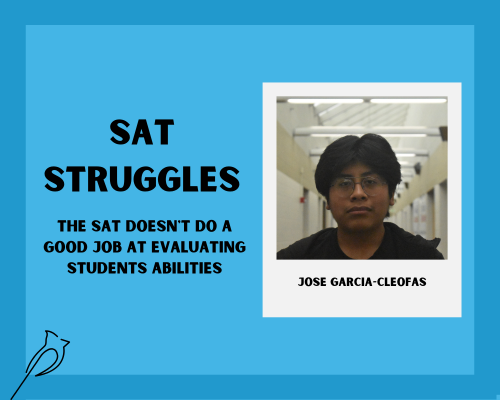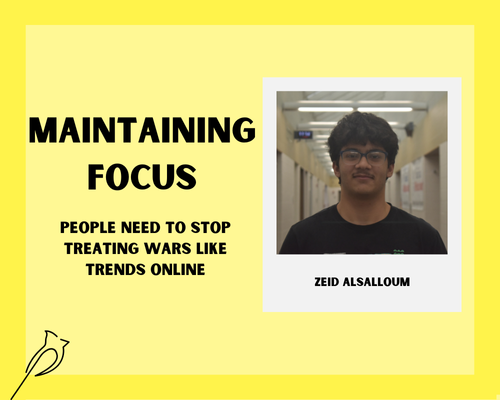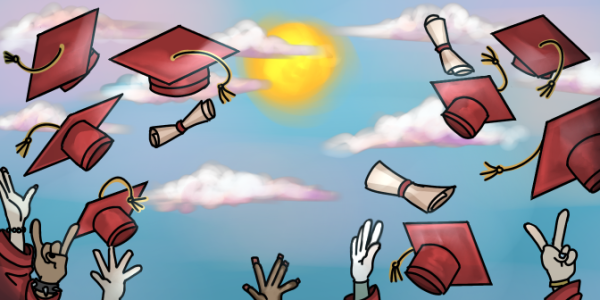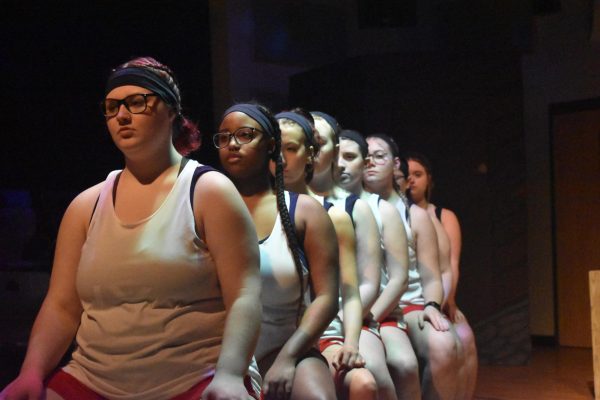Stopping the grind
People shouldn’t have to feel the need to overwork themselves
Being classified as a “hard worker” is something that students were all taught to strive for at a young age. This stems from competitive environments on sports teams, in classrooms, or even within one’s family. This leads young adults to spend hours, days and weeks sacrificing their mental stability in order to achieve what they believe to be success while being trapped within hustle culture.
Hustle culture revolves around the detrimental idea that one’s value as a human is equivalent to their capability to be productive at all times. This concept is continuing to grow into a systematic issue within schools. According to The National Education Association and the National PTA, upperclass students should not be expected to complete more than two hours of homework each night in order to prevent overworking and overwhelming students. Unfortunately, this is not the case.
While being a part of hustle culture can be viewed as one demonstrating “determination” or “grit,” it should never be at the expense of one’s well-being. When one puts themself into this “hustle” mindset, they constantly ask themselves to be doing more and ignore their signs of tiredness in order to rise above their competition. While pushing beyond comfortable boundaries can result in growth, one’s physical and mental health should not be sacrificed in order to achieve what seems to be a success.
The celebrities and influencers that have invaded social media platforms as well as many advertisements have glamorized the concept of putting fame and money as the picture of a perfect life and that the only way to achieve it is to work yourself to exhaustion. This creates a toxic cycle that is very difficult to escape where no matter how hard one works to achieve a goal, the goal will continue to seem farther away no matter how much wearisome labor they exert.
This cycle becomes even more challenging for students to escape when they are being rewarded for their exhaustion. They are rewarded with a letter grade or validation from an authority which may seem fulfilling for the moment, but is ultimately harmful to the students’ physical and mental well-being.
Students, teachers and parents can collectively choose to discard this narrow definition of success and redefine hard work as a balance of self-love and a focused mind. By simply waking up and existing, is a form of success that should be the most sought-after. Students are only human, so they should be treating their body, mind and spirit with love and kindness.
Every day does not need to be filled with relentless work and competitive thinking just because that is what is being praised. A student’s value is not determined by how many hours they spend studying, a letter grade, or how they play a sport. By choosing to care more about their well-being, they are already on the path to success.

Hello, my name is Skylar! I will be one of the photographers for the Journal this year! This is my first year on The Journal, and I am so excited to be...










